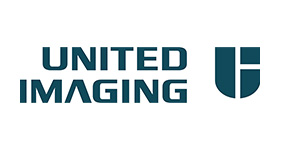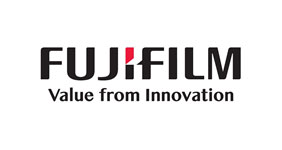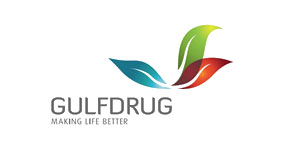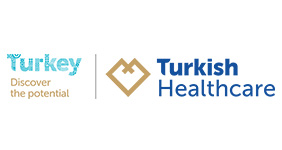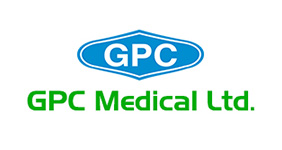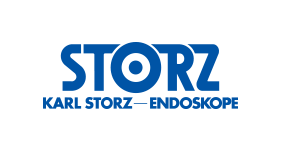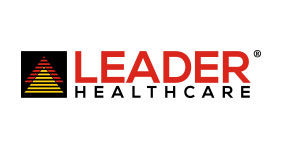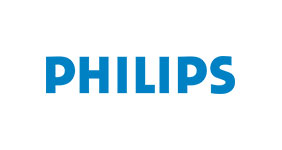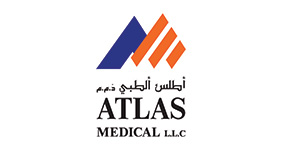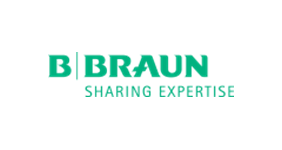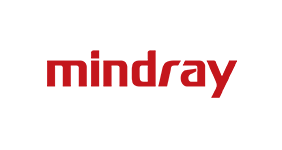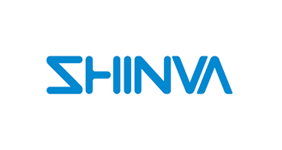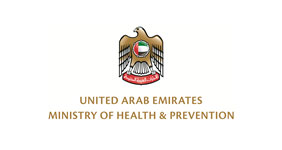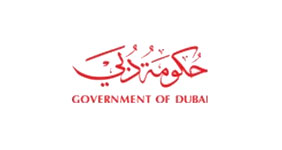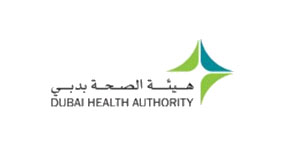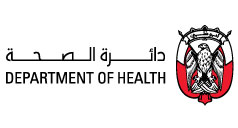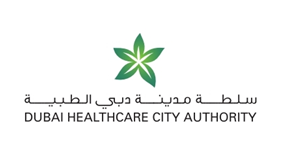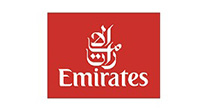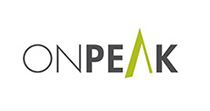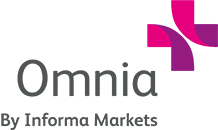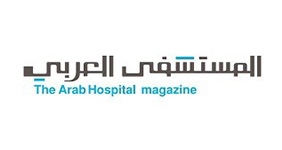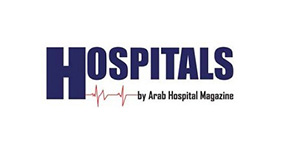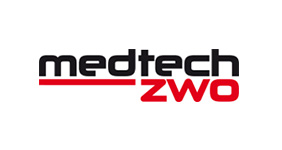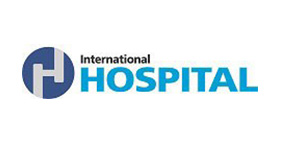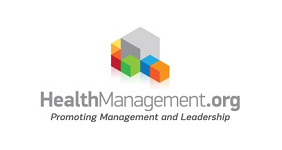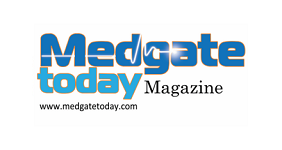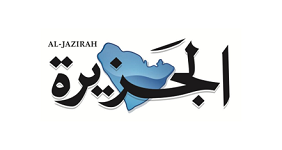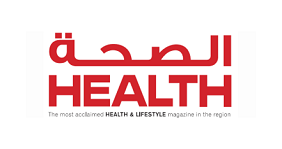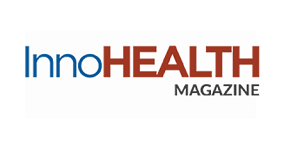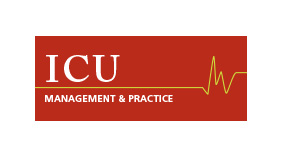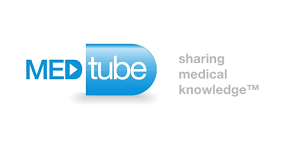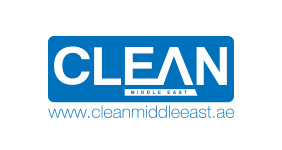is part of the Informa Markets Division of Informa PLC
This site is operated by a business or businesses owned by Informa PLC and all copyright resides with them. Informa PLC's registered office is 5 Howick Place, London SW1P 1WG. Registered in England and Wales. Number 8860726.
Reduce Risk in Your OR Training
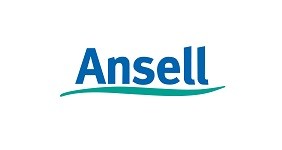
Sharps Safety & Pathogen Exposure
Accidental sharps injuries are a serious problem in healthcare – particularly in the perioperativeenvironment. Many healthcare workers (HCWs) acquire infectious diseases from bloodborne pathogensor sharps injuries during their work. The cost of injury and exposure takes an emotional and financialtoll on HCWs, their families and the facilities where they work. Awareness of the risk associated withthese exposures have led to an emphasis on protection for the surgical team.
Surgical gloves provide a protective barrier between HCWs’ hands and infectious blood and body fluid,but research has proven that surgical gloves cannot always withstand the rigors of lengthy and strenuoussurgeries, and surgical personnel do not always change their gloves frequently enough during longprocedures. When there is a breach, or barrier failure to a surgical glove, there is a subsequent potentialfor the transfer of pathogens to both the patient and the surgical team. From a risk management, infectiousdisease and occupational health perspective, prevention of glove barrier failure is key to protecting the surgical team and the patient. Implementing sharp safety practices and double gloving practices can reduce injury and bloodborne pathogen exposure for members of the surgical team. Some surgeons and nurses have eagerly adopted the practice while others have refused, citing objections ranging from poor fit, feel and comfort of wearing two sets of gloves, to losing necessary tactile sensitivity required for intricate surgeries, all the way to administrative budget cuts that prevent the expense for extra gloves.
This education module examines basic strategies and processes that can increase awareness of and help minimize the risk of sharps injuries during surgery. Best practices and other evidence-based techniques to decrease sharps injuries, increase double gloving acceptance and reduce the surgical team’s exposure to bloodborne pathogens will be outlined.
- Discuss the risk of percutaneous exposure to infectious disease in the operating room.
- Identify components of a sharp safety program.
- Describe the factors that could lead to surgical glove barrier failure.
- Describe the surgical team’s injuries and risks associated with single gloving.
- Recount the published advantages of double gloving.
Opening times
Monday, 27 January: 10am – 6pm
Tuesday, 28 January: 10am – 6pm
Wednesday, 29 January: 10am – 6pm
Thursday, 30 January: 10am – 5pm
Contact us
Discounted travel
Caution
Beware of unsolicited websites and companies. Only the official Arab Health registration forms can confirm your participation at the show. The list of official suppliers can be seen here.

